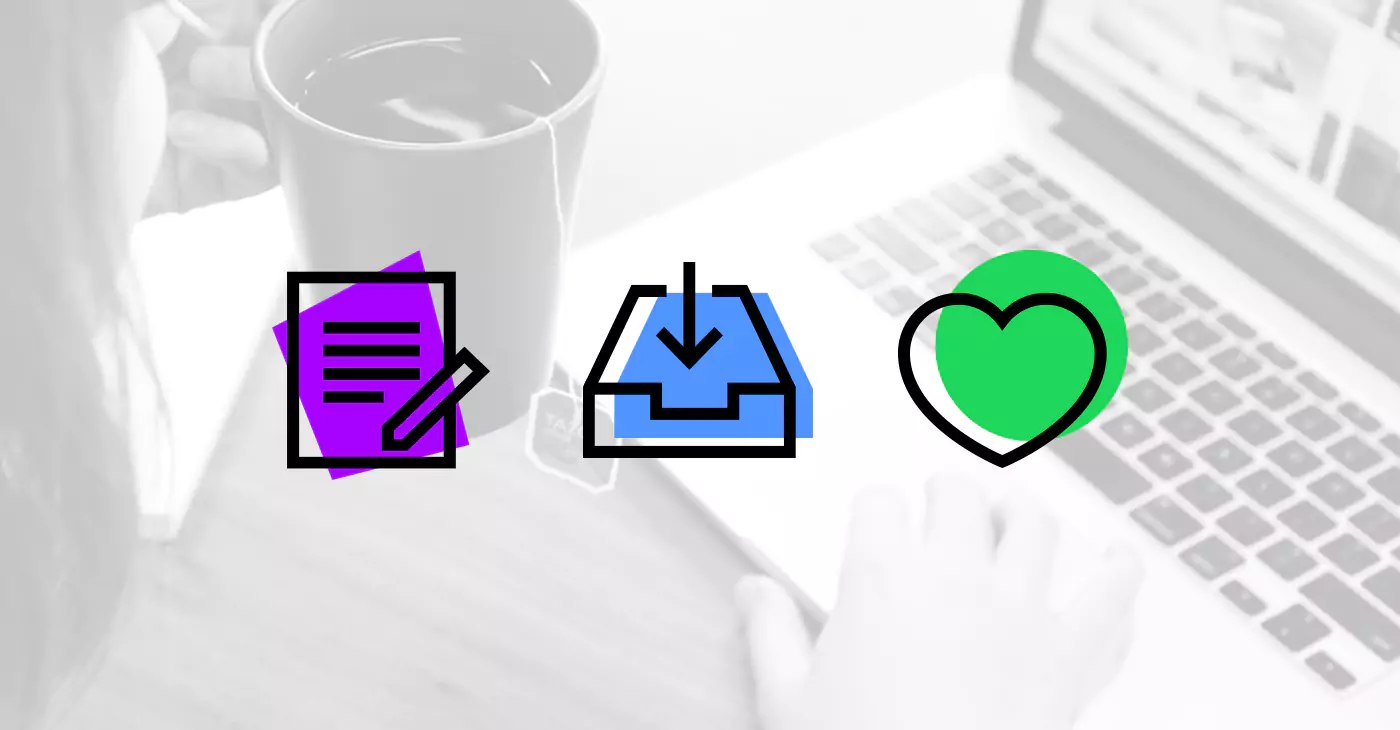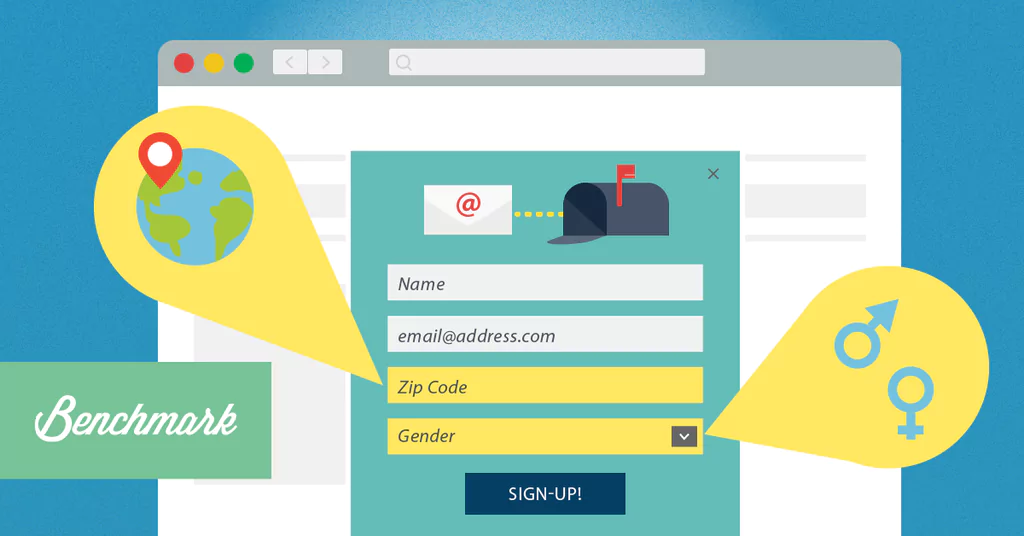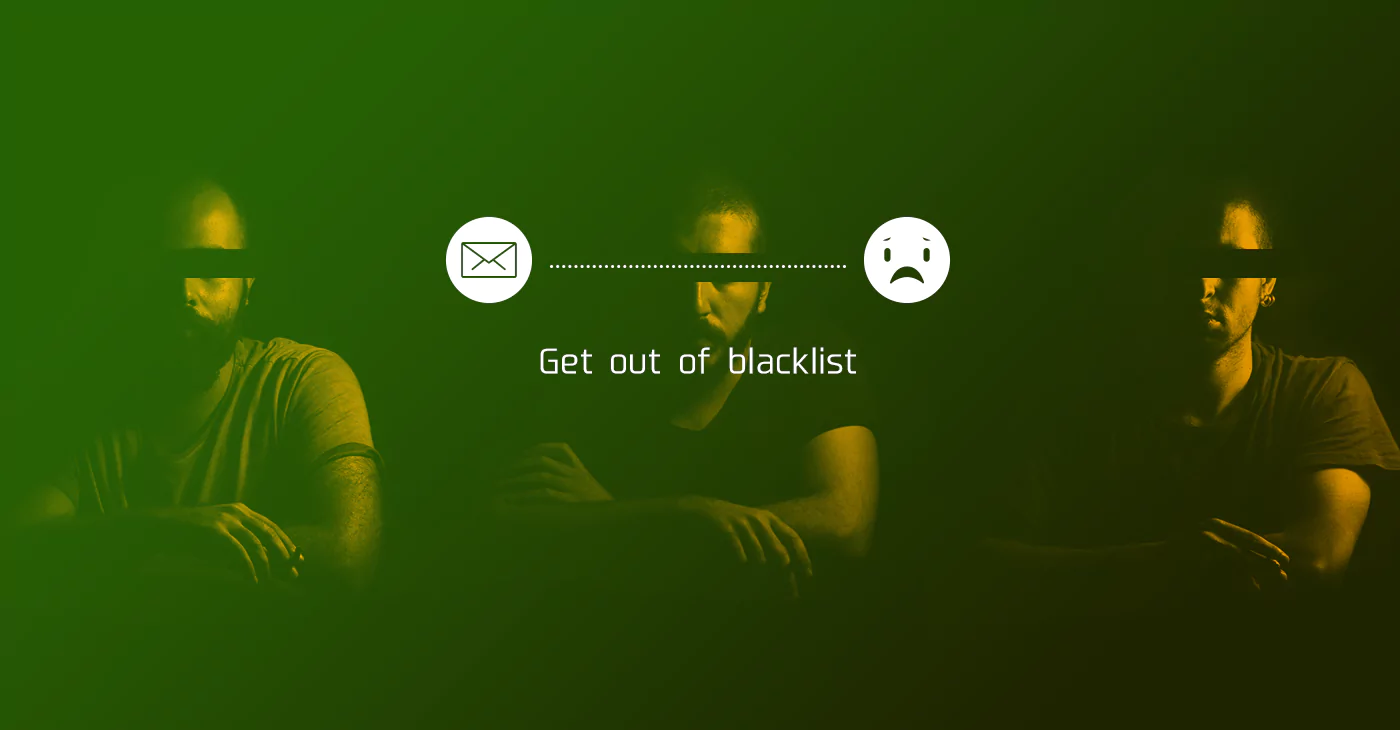CRM can be a lot of things for a lot of people in your company. This episode focuses on the customer support side of things. Because after all, an important part of fostering strong relationships with your customers is making sure that you’re solving any issues that may arise.
00:22 Andy Shore: Thank you, everybody, for tuning in once again to Clues for the Clueless CRM Marketer. And I’m sure before this is all said and done, I will call this Clues for the Clueless Email Marketer, and I may have already, and I apologize in advance. But if you’re into email marketing, check out our version of that, where we’re doing minisodes on email marketing. And now I’m ranting and mumbling and wasting time, so we’ll get into it. And whereas last time we talked about transactions in CRM, today we’re gonna talk a little bit about the support side of things.
00:58 Paul Rijnders: Yeah, support is very important because I think when people come to CRM, they’re really focused on sales. How can I convert this lead? How can I convert this lead to a contact and an opportunity? How can I track this opportunity through the sales process till it means money in our company’s pockets? But support tickets are important because after the sale, somebody might have a problem, and how you address that really makes a big impact as to whether that customer is gonna feel comfortable calling you up again and purchasing something. Or the fact that the next time you try to sell someone, that you even acknowledge that they had an issue and then you give them some reassurances that that thing was taken care of and that it won’t happen again. Or if it does happen again, that you’re ready for it.
01:44 PR: So what are you looking for in a support ticket? And by the way, there’s different ways that CRMs handle it. So some CRMs, you might see something called Support Case, and then you might have some types of SaaS products that are really ticket-focused. So I won’t say the big one, but their name rhymes with Hendesk…
[chuckle]
02:09 PR: And you’re not gonna find cases there, you’re gonna find tickets there. But they’ve got a fantastic… I think they’ve got a fantastic angle. Why? Because when you were a kid, did anyone ever say, “Don’t make a big federal case out of it?”
02:23 AS: No.
02:24 PR: Probably not.
02:25 AS: No.
02:25 PR: Maybe that’s because I’m older, or maybe because I was the kind of kid who always made a federal case out of everything, [chuckle] but it was the same, “Don’t make a big federal case out of it.” But the idea was this, why are you making a mountain into a molehill? So when someone’s got an issue, is it really a case? You’re calling for the detectives where they’re saying, “Okay, I got this case open. It’s gonna take me a couple weeks to close this.” No, is this something… Your customer doesn’t want a case. If I call up AT&T and I got an issue with my phone not connecting, I don’t want them to open up a case, I want them to open up a ticket. I want them to say, “Yeah, you know what? We’re on it.” I want them to open that ticket and close it before I hang up. Or, if they can’t solve it, I wanna know that ticket is somewhere popping up on someone’s screen with a big red button that’s saying, “Alert! Alert! Solve! Solve! Solve!” [chuckle] until somebody fixes this. That’s a ticket.
03:12 PR: So maybe it’s semantics. To me, a ticket is a little bit lighter than a case. And guess what? Your support staff can probably handle 100 tickets a day; they can’t handle 100 cases a day. So that said, what is it? They’re basically the same type of thing. You got a record that has some fields, and the fields say what the problem is, what’s its priority, when is it due, when are you trying to solve it, and by the way, the most important thing, with whom is this case with, or this ticket with? So who do you got to solve this for? And then who are you gonna assign it to? The person that created that ticket might not be the person that’s actually assigned the ticket. So for instance, let’s say I open up a support ticket and it’s for a customer named Wendy Smith. Well, Wendy Smith can’t get her TV remote to work. Well, I’m gonna make a ticket real quick for it. If I can’t solve it really quickly, maybe I’m gonna bump it up to Miguel. And I’m gonna assign this ticket to Miguel so that Miguel can either contact her or do whatever he’s gotta do to solve that thing. And then bam, that thing is solved.
04:17 PR: So what should these support tickets have? Well, they should be related to the contact that we just talked about. And then also, they should have a unique number. That way, if someone’s looking it up later on, that there’s not like five tickets that all say, “Broken remote.” If there is, you might wanna check your remotes, by the way. [chuckle] But these tickets should have unique numbers. That way, someone just looks at that number and goes, “Okay, guy, I know what this is.” The tickets should have a priority, we talked about this, the ticket should have a due date. And then I think you’re golden.
04:46 PR: And then some companies maybe have stages for their tickets. For a lot of companies, maybe the ticket being open and closed is good enough. And rather than closed, we like the term solved, that sounds better. You can close their ticket. You close their ticket, what did you do? You don’t close that thing, you solve that thing. And then some people have a middle stage, which is like pending or it just means you’re waiting on something else. And maybe there’s a way for you to put even your own custom stages in there. But I’m here to say that the more stages you put in your ticket, the less likely it is to get solved. Does it have to be bumped up to Level 2 support, Level 3 support, Level 4 support? I guess, maybe, if that’s the way your company solves things that’s great, but I think to the customers, there’s only two stages, “It’s open,” and, “It’s solved.” That’s it.
05:31 AS: Yeah, it’s kind of like your support is on a compound board. Sounds like that’s what you’re talking about.
05:35 PR: There you go. Yeah, it is. Yeah, it is. The more places you have for that ticket to go besides solved, it’s human nature that they’re gonna end up in those places. Someone’s gonna say, “Oh, okay, I gotta put it in a category. I can’t solve this right now, so I’m gonna put it right here.” It should be painful that that ticket is open, for everyone in your company, especially the person that’s assigned to it, and then it should be solved as quickly as possible.
05:56 AS: Definitely. And a good point of why Paul’s the one giving the expert advice and not me is, as he’s explaining, it shouldn’t be a case. Case doesn’t sound like a thing you wanna be involved in. Me, who has binged countless Law and Order marathons, is like, “Yup, give me all the cases, I want the cases.” [laughter] But that’s just nonsense in…
06:17 PR: It is.
06:17 AS: My TV-addled brain. So that’s why Paul’s in charge of the knowing things.
06:21 PR: Can you imagine, “Hey, can you go to lunch right now?” “Ah, I can’t. I’ve got five open cases.” Well, you’re not gonna eat this month, are you? [laughter]
[vocalization]
06:32 PR: Is that the… [laughter]
[vocalization]
06:33 PR: Is that the CS-whatever music, or…
06:34 AS: Law and Order.
06:35 PR: Law and Order.
06:35 AS: [06:35] ____ OG Law and Order. But before we devolve into that tangent, we’ll say goodbye for today and we’ll catch you guys next time.










